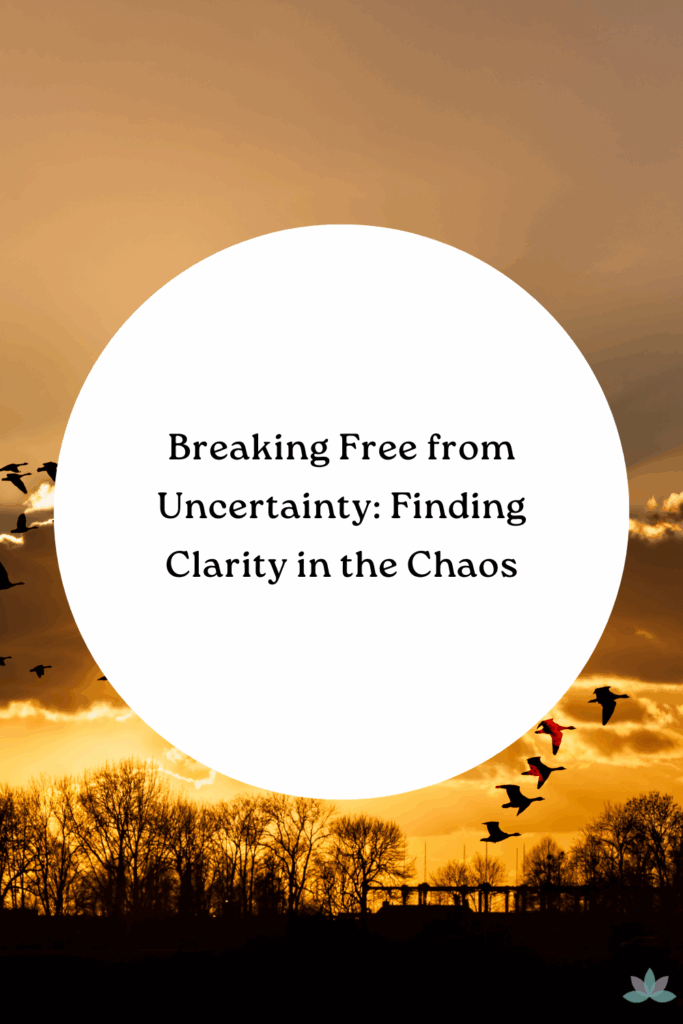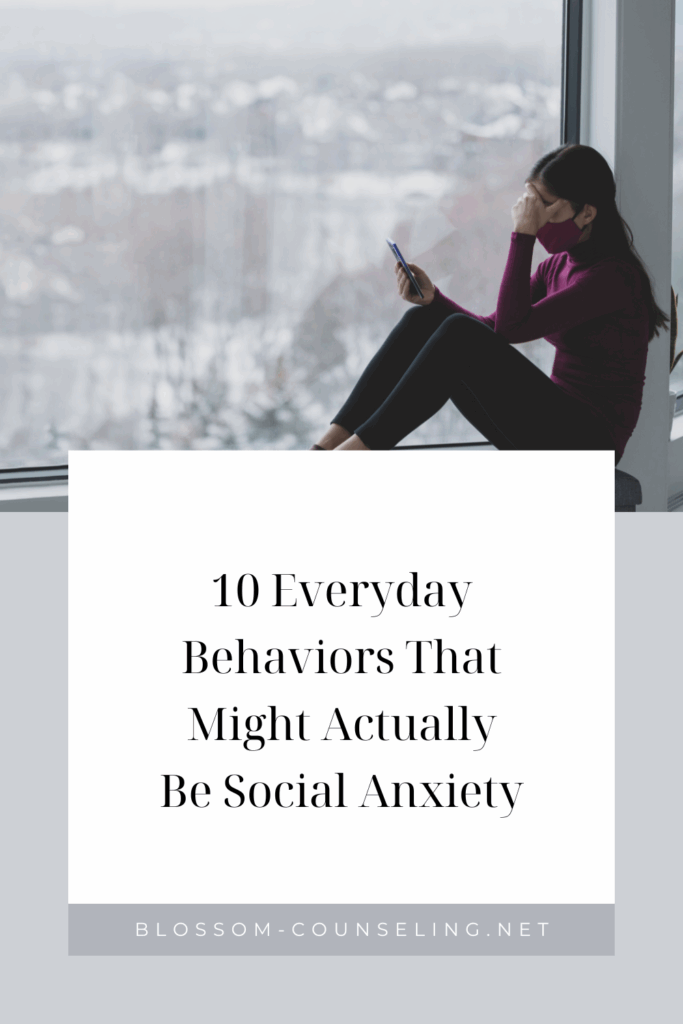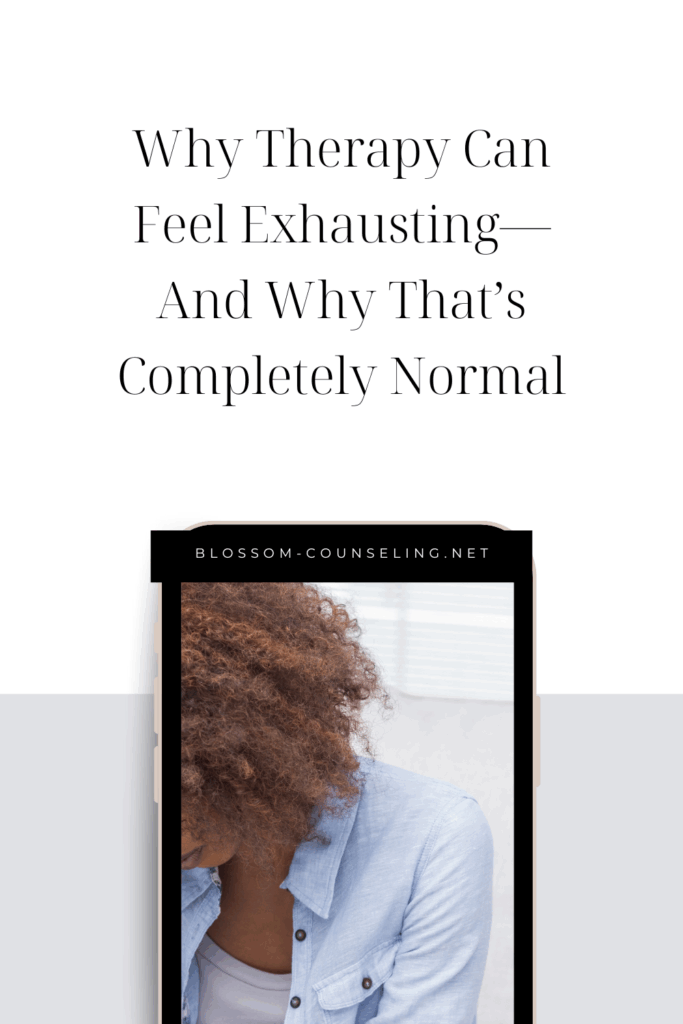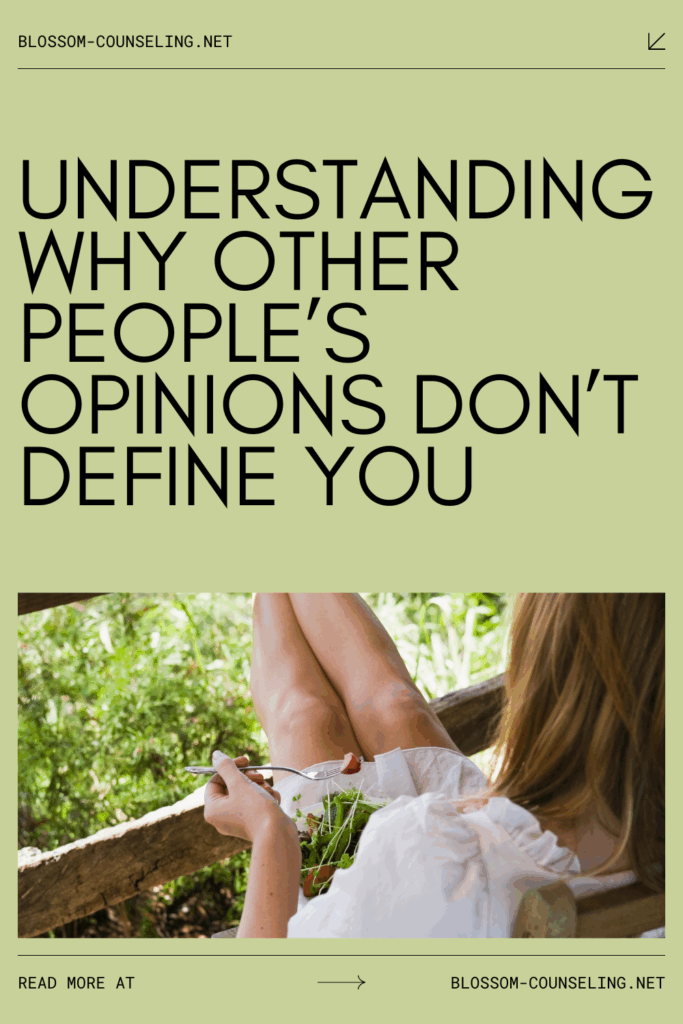Picture this: You meet someone who seems perfect. They’re charming, attentive, and say all the right things. Maybe they shower you with compliments, text you good morning and good night, and make you feel like the center of their universe. It feels like a whirlwind romance—the kind you see in movies. But then, slowly, something shifts. The warmth fades. The kindness feels conditional. The person who once lifted you up now seems to tear you down. You start questioning yourself, wondering if you’re imagining things, overreacting, or being too sensitive.
This is the bait-and-switch of emotional abuse.
What Is the Bait-and-Switch?
In healthy relationships, people stay relatively consistent. Of course, everyone has bad days, but their baseline personality doesn’t drastically change. In emotionally abusive relationships, though, there’s often a distinct pattern:
-
The Bait: At first, they’re everything you’ve ever wanted—loving, supportive, and seemingly devoted. They mirror your interests, make grand gestures, and create an intoxicating sense of connection. This is intentional. It builds trust and attachment.
-
The Switch: Once they feel you’re invested—emotionally, physically, or even financially—their behavior starts to change. Affection becomes unpredictable. Criticism creeps in. You find yourself walking on eggshells, trying to avoid conflict or win back the version of them you first met.
-
The Cycle: They alternate between kindness and cruelty, keeping you hooked. If they were awful all the time, you’d leave. But intermittent reinforcement—the occasional return of their old charm—makes you stay, hoping for the person you fell for to come back.
The Signs You’re in a Bait-and-Switch Dynamic
- You Feel Like You Have to Earn Their Love – The attention and affection they once gave freely now feel like a reward you must work for.
- They Blame You for Their Behavior – If they snap at you or withdraw affection, they make it seem like it’s your fault.
- They Use Your Vulnerabilities Against You – The things you once confided in them about are now weapons in an argument.
- You Second-Guess Yourself Constantly – You question your reactions, your memory, and even your worth.
- They Keep You on an Emotional Rollercoaster – One day, they’re sweet and apologetic. The next, they’re cold and distant. The highs keep you chasing, and the lows keep you doubting yourself.
Why Is This So Hard to Recognize?
Because in the beginning, they were wonderful. That initial love-bombing phase creates a powerful attachment. Your brain links them with intense happiness, making it hard to accept that they are also the source of your pain. And because their mistreatment is often subtle or comes with justifications, it’s easy to rationalize—they’re just stressed, they didn’t mean it, maybe I did overreact.
The Psychological Trap
Emotional abusers thrive on control, not love. The bait-and-switch keeps you emotionally dependent, constantly seeking their approval, and questioning your reality. The longer this goes on, the harder it is to leave because your self-esteem erodes. You may find yourself thinking, Maybe if I just try harder, they’ll go back to how they used to be.
But here’s the hard truth: The person they were at the beginning? That wasn’t real. That was the hook. Who they are now is the real them. And you deserve more than a love that comes with conditions.
Emotional abuse doesn’t have to leave bruises to leave scars. Recognizing the pattern is the first step toward breaking free.




